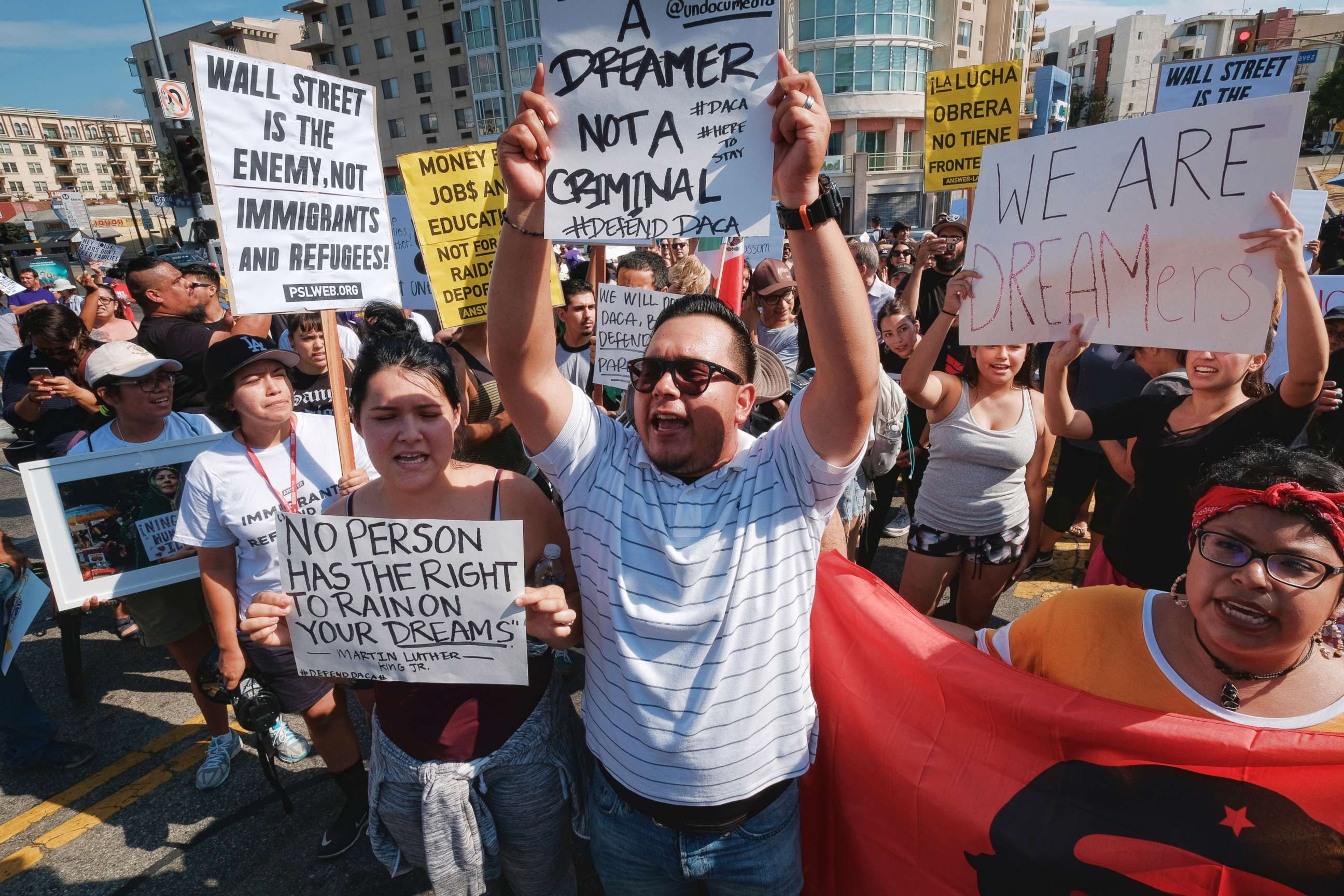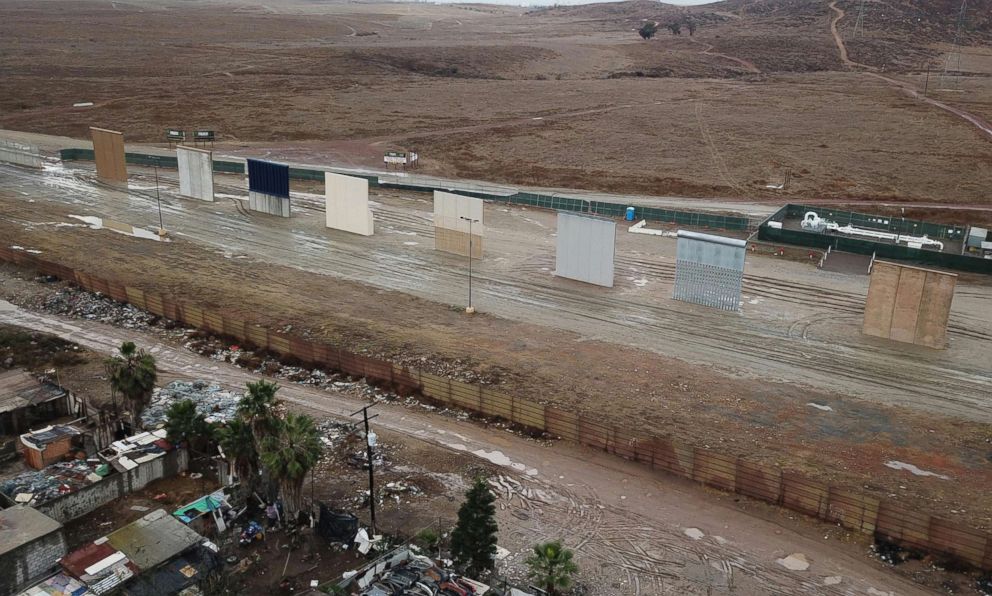'Dreamers' reject White House immigration framework for restricting family-based migration
Martha Raddatz interviews "Dreamers" living in border states.
— -- On the heels of a three-day government shutdown over immigration, ABC News Chief Global Affairs Correspondent and “This Week” Co-Anchor Martha Raddatz traveled through four states along the U.S.-Mexico border to take the pulse of some people who will be directly impacted by changes in immigration policy.
Raddatz interviewed immigrants who were brought to the United States illegally as children. These so-called “Dreamers” were protected from deportation under the Obama administration policy called Deferred Action for Childhood Arrivals, or DACA. President Trump ended that program in September and gave Congress until March 5 to agree on a new policy.
On Thursday, the White House unveiled a framework for immigration reform that proposes spending $25 billion for a border wall and additional border security. In exchange, it would provide a pathway to citizenship for approximately 1.8 million DACA-eligible undocumented immigrants, including some 690,000 current "Dreamers."

One of those "Dreamers" is 34-year-old Dulce Garcia, a lawyer in California, the state with the highest DACA population.
“My family has been here 30 years paying taxes, contributing with our labor. We have created businesses, we are job creators,” Garcia told Raddatz. “I understand that we broke the law by being here… [But] I feel there should be a way for us to become lawful immigrants, to become lawful citizens some day.”
The DACA recipients Raddatz spoke with on her road trip criticized the White House proposal, which restricts family-based migration, also known as chain migration, to spouses and minor children, and does not cover parents.

“I would love to be able to be a citizen, but I think for me and what we see of our own communities, it would be a lot more important to be able to keep our families together,” said Mical Alvarado-Diaz, a nursing student and DACA recipient. “So, for us, the best-case scenario would be a 'clean Dream Act' or at least something that includes families.”
She added that children should not have to live in fear that their parents could be deported, saying, "We still have members of our community being detained every day.”
Some "Dreamers" also took aim at Democrats for failing to protect them in the short-term funding bill that reopened the government Monday.
“Democrats stabbed us in the back,” said Allyson Duarte, 25, who attended a Saturday rally in Alamo, Texas, protesting against the proposed border wall. “They had leverage but they caved.”
“They are holding us hostage by paying for the border wall,” Duarte added of the White House proposal. “I am against the border wall and the end of family migration and the end of family reunification.”




